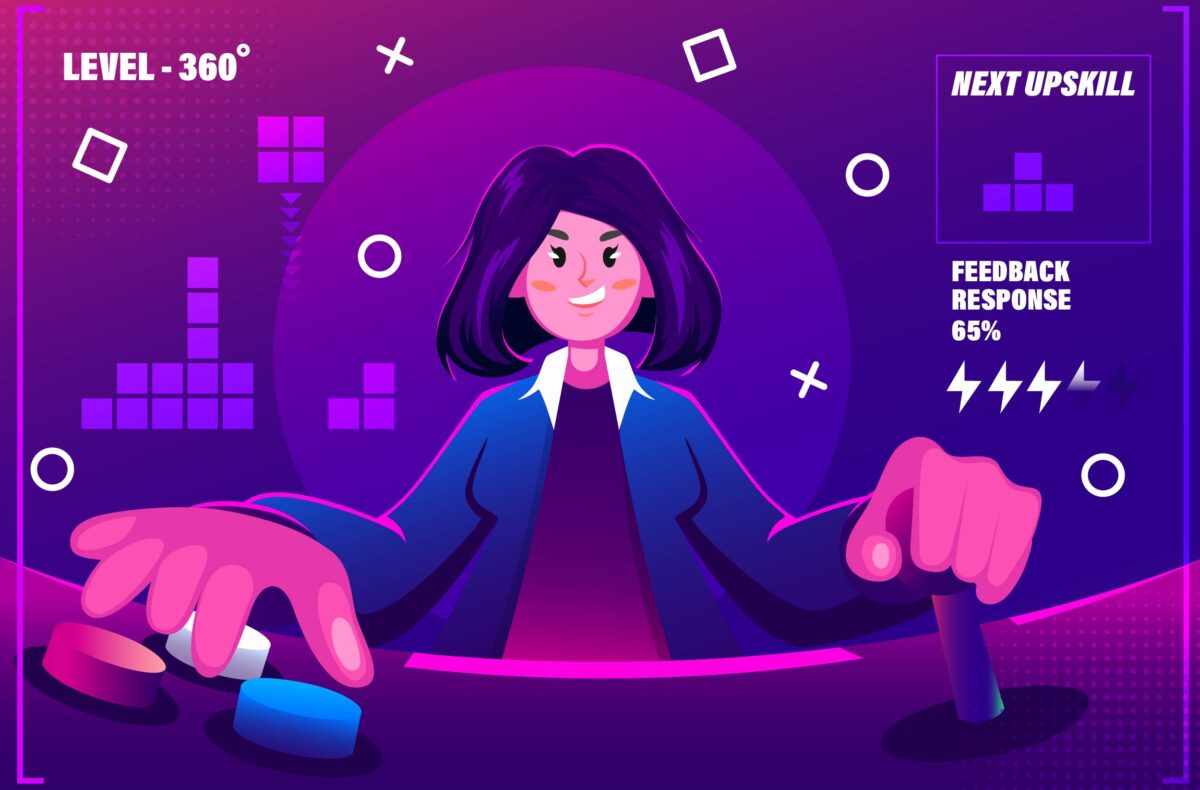
Illustration by Sarameeya Aree
In your work, at home, amongst your friends—what role do you play? How do your coworkers and community think of you?
Having been a high school English teacher for fifteen years, there is one thing, time and again, that resonates. A lot of young people, when asked the tired question of, “What do you want to do/be after school?” would answer, “I’m going to be rich.” Now, digging deeper and asking the obvious follow-up, “How?” tended to elicit an unconsidered—or ill-considered—”Footballer” or “Gamer” from many.
I recently watched the Arnold documentary on Netflix—which is extremely well-structured and even better than the 1977 film Pumping Iron. Schwarzenegger’s father (although not a great father figure in many ways) put the best advice I can imagine giving to a young person so very succinctly:
“Be useful.”
Imagine if everyone you knew and worked with had this as their mantra. (If you’ve managed to surround yourself with exceptionally diligent human beings—hat tip to you.) The first thing that occurs to me is: I would have so much time!
At its core, having coworkers who can be relied upon to do their work well, on time, and bring fresh ideas to the table, with limited to no drama—is the dream. In fact, most people I know would rather work with someone who is slightly less “naturally gifted,” but works harder, more reliably, and is conscientious enough to upskill and learn from their mistakes.
When you work with people who are not operating under the guiding premise of being useful, you end up asking the same question: Is the time, effort, and emotional drain worth the output?
I wrote recently about the negative effects of complaining and the narcissistic tendency to pull others down with you and seemingly “infect” them with your negativity. If you operate under the “be useful” mantra, this would fall by the wayside and be eliminated beyond its capacity as a social bonder. It would unlock the reality that complaining should have a goal: to find a solution and fix the problem. Like a workshop.
At the start of most of our staff meetings, we have the mandatory: Any pressing business? This allows for the chain reaction of useful response: issue—brainstorm—solution—responsibility—follow-through. In Stephen Covey’s The 7 Habits of Highly Effective People he talks about being “response-able”: being self-aware enough to decide how you respond to any given stimulus. Own it. Be useful.
Now, I would argue that most people have the capacity to improve themselves, but how many actively and intentionally do so with frequency? When was the last time you introspectively identified weaknesses in your output, character, or knowledge base?
“But I’m busy,” I hear you say. That’s fine. If you’re still reading and don’t feel personally attacked, then chances are you’re open to embracing the change. That’s a huge step towards being useful. And there might be huge discrepancies between what you consider to be in need of improvement, and what your friends, family, or co-workers would want you to address.
Some companies employ 360 reviews, to provide a full picture of performance and help to identify areas for improvement. As the feedback is anonymous and comes from the people you report to, those who are your equals, and your direct reports, the responses triangulate to reveal recurring themes. The problem is, many (if not most) people are not open to hearing constructive criticism—it can be perceived as an attack on ego, feelings, or invasive to the “love me for who I am” mentality. But do we owe ourselves, and those around us, more?
Imagine completing a 360 review outside of the work environment, in your community, or friendship group. It would require a seismic shift in mindset.
I once taught a class of extraordinarily gifted young people. I first started training them to be more honest communicators and to operate in a safe and constructively critical space. You see, in teaching, we often use peer feedback as a first iteration to allow students to workshop their essays, fine-tune their ideas and then give them time to edit and improve upon their work. But the problem with this is that students too often didn’t want to hurt one another’s feelings. These were their friends after all.
I urged them to see the alternative side to this coin—not helping a friend towards self-improvement, allowing them to continually miss their blindspots without addressing them… is that really friendship? Surely if you are truly friends, you owe one another the truth?
The impact on their peer feedback was transformative. It took a few weeks, but they became incredible allies in their helpful responses, devils advocating, and discourse. And by learning to critique others’ work, they learned how better to critique their own.
The key to this process is remembering that truth and cruelty don’t need to go hand in hand: tact must feature. There needs to be an agreed space for this kind of interaction, and both parties must be willing participants.
So I ask you: Are you being useful as a friend and colleague, both in your own actions and in the way you help others? Are you receptive to understanding your own areas for improvement and willing to guide others to see theirs?
When in doubt: “Stay busy. Be useful.”



